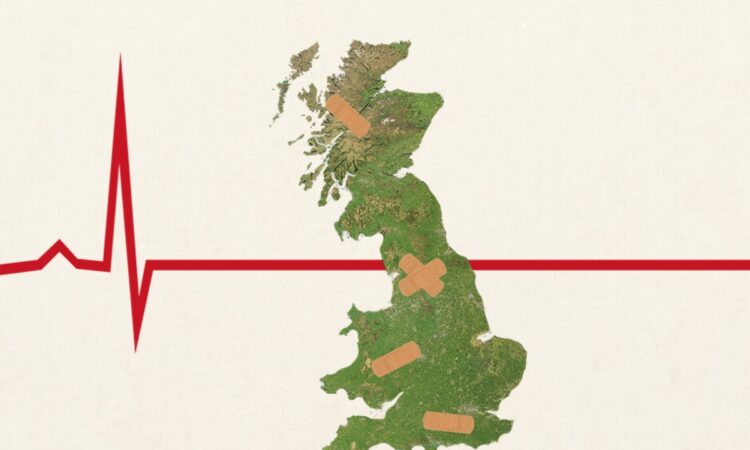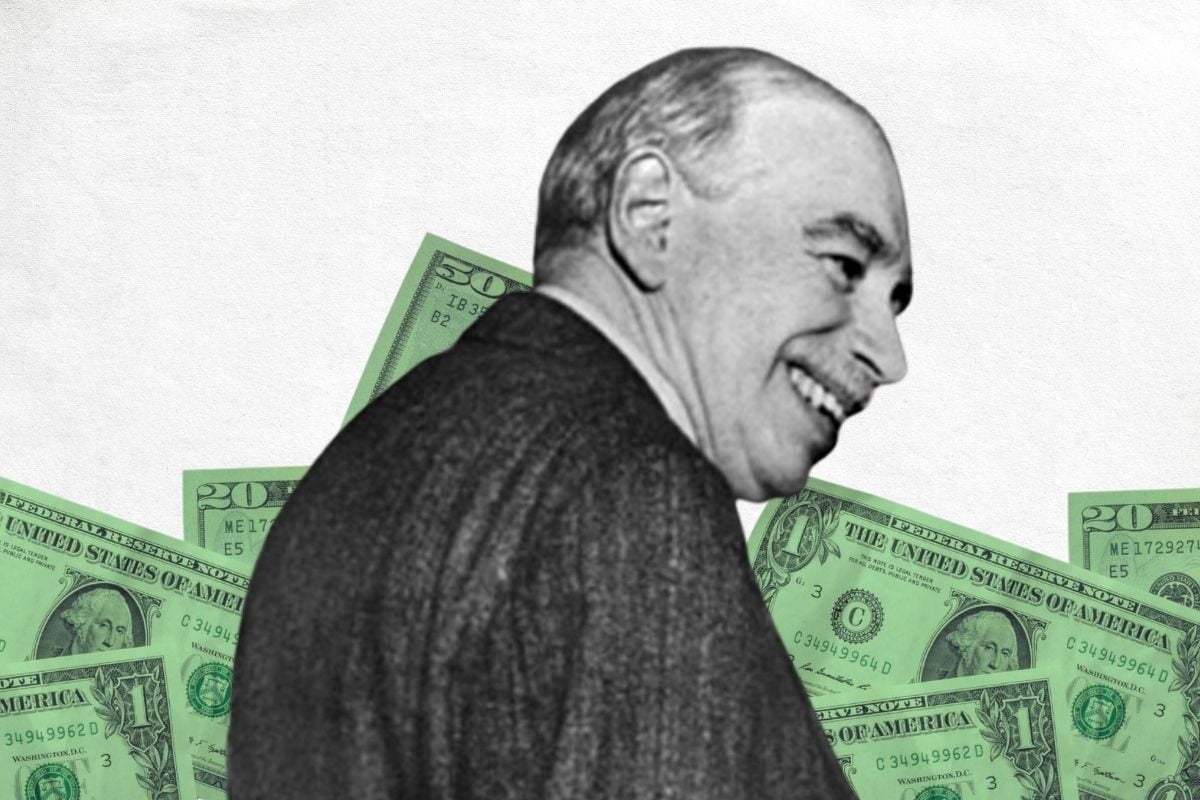
“We are now a decade and a half into a period of stagnation. The combination of slow growth and high inequality is proving toxic for low and middle-income Britain.”
These words come from Ending Stagnation, a recent report by the Resolution Foundation, a reformist think-tank hoping to reveal how British capitalism can save itself.
The paper attempts to explain why the UK economy is grinding to a halt, and to outline the disastrous impact this is having on an already discontented working class.
Wage growth, for example, has completely flatlined since 2007. This means that almost nine million younger workers have never experienced a sustained rise in real pay.
Chronic malady
The report argues that the crux of the problem is chronically low investment. In the last four decades, Britain’s total fixed investment has been the lowest in the G7 advanced capitalist countries.
As a result, UK labour productivity is dismal, growing at merely half the average rate of the 25 richest capitalist economies.

At root, this is the reason why workers are stuck working in precarious, low-wage jobs; and why public services like the NHS and education are starved of vital funding.
The lack of investment in infrastructure and services also means that Britain is especially vulnerable to shocks like pandemics, wars, and energy crises.
No surprise, then, that ‘growth’ has become a mantra for many Tory politicians. Without strong growth, governments are forced to cut, borrow, and tax to keep public finances afloat.
Yet despite the Tories harping on about cutting taxes and ‘balancing the books’ – and public services literally falling apart – UK taxation levels and public indebtedness are at historic highs. And neither Sunak nor Starmer have any real plan to fix this.
No solutions
The ‘solutions’ put forward by the Resolution Foundation revolve around increasing investment in the real economy, the public sector, and Britain’s ‘second cities’.
At the same time, the authors say, the state should intervene to encourage higher wages, strengthen workers’ representation in firms, and provide a robust welfare state.
This shopping list sounds all well and good – until we are faced with the question of how to carry these policies out; and, crucially, where the money is going to come from.

Among other measures, the Resolution Foundation says that the state should stimulate growth by lowering interest rates – to negative figures if necessary.
This amounts to throwing cheap credit at the bosses, in the hopes that they will invest it productively (with a little guidance from the state).
This was partly how the capitalists clawed their way out of the last crisis – and look where that got us!
Such policies have contributed to today’s persistent inflation. Any ‘growth’ that they produced in the meantime was anaemic at best.
This Keynesian approach offers no way forward for workers.
Capitalist decline
Weak investment has certainly contributed to Britain’s economic malaise. But what Ending Stagnation fails to explain is why there has been such low levels of business investment in the first place.
In the final analysis, the UK’s feeble growth is a reflection of the crisis of capitalism globally, accentuated by the long-term decline of British capitalism.
The capitalists only invest to make a profit. And with the world market glutted, and no guarantee of reliable returns in this epoch of instability and uncertainty, the bosses aren’t prepared to invest in production as they once did.
This problem is especially acute in Britain, where the capitalists, unable to keep up with their international competitors, have effectively abandoned industry and manufacturing to gamble on the financial markets.
No amount of encouragement from the government – Tories or Labour – can force the capitalists to invest and grow the economy, if it won’t bring them profits.
Only by expropriating the bosses, and carrying out a socialist plan of production, can we free the economy from the straitjacket of capitalism, and ensure that the fruits of economic growth benefit the working class.








